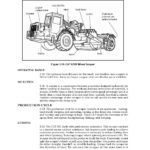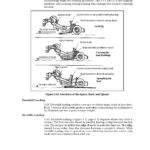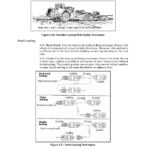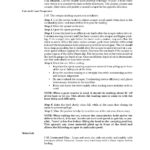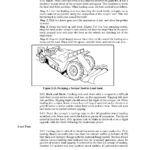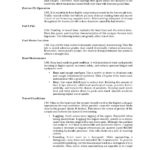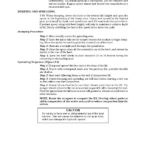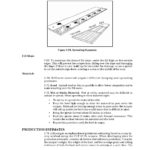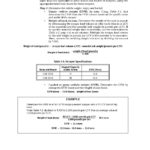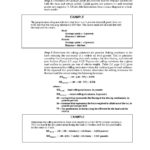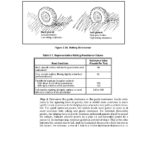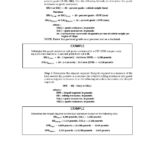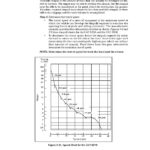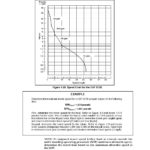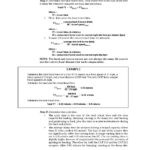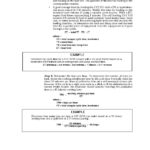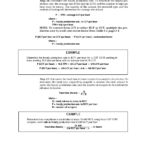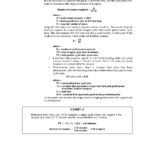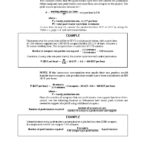1. Keep It RoutineJust like the annual check-up with your physician, a regular check-up on the overall functionality and condition of your heavy machinery helps keep the continuity of what is expected and the standard performance of your equipment. Any non-scheduled emergency maintenance and repair jobs done on heavy machinery are typically fraught with human error and performed in a time crunch.The Occupational Safety and Health Administration (OSHA) reports that up to 20 percent of industrial accidents are related to maintenance operations, with 15 percent involving worker fatalities. By taking all the necessary preventative measures, not only are you ensuring the stated lifetime of your heavy machinery, but you’re also keeping operators safe.My grandfather always said, “If everything works on your truck, that’s just an excuse for something to break.” It’s this philosophy of constantly checking and maintaining equipment, catching any minor problems before they evolve into bigger and more costly ones, that further drives the point to have regularly scheduled maintenance checks on your earthmoving machinery.
5 Maintenance Tips for Heavy Machinery
5 Maintenance Tips for Heavy Machinery
2. Use the Right Tools for the JobMatching your equipment with the exact task that it’s intended to perform requires consideration of a number of variables, including terrain, material composition and elemental effects such as climate, etc. Likewise, it’s important to make certain that all attachments and performance accessories such as buckets and ploughs are made specific to your machine. With the safety of the crew operating this heavy and potentially dangerous equipment in mind, you simply cannot afford any guesswork here.Check and double-check all machinery and attachments before using them in the field. Your workers and your wallet will thank you. When replacing parts, don’t assume the first ones you come across are the right ones for your machinery. Bearings, roller chains, gaskets, seals, etc., must all be the right quality and size and have the correct load-bearing qualities for your machine.
5 Maintenance Tips for Heavy Machinery
3. Don’t Overwork Your MachinesNever exceed your equipment’s stated performance specifications and limitations as found in your owner/operator manual. As with any industry where heavy equipment is a staple of operation, effectiveness and efficiency are key to optimal performance and yielding the best results for your efforts. Knowing and abiding by weight limits for loads and inclines for transit are an easy way to keep your heavy machinery working.Most modern heavy machines come programmed with multiple power modes. It’s essential for operators to make sure their equipment is set to the correct power mode for the task at hand. Also, minimizing your machinery’s travel and idle time can add longevity to the life of your assets.
5 Maintenance Tips for Heavy Machinery
4. Put Your Toys Away While performing regular maintenance checks is an active way of preventing damage to your equipment, properly storing your heavy machinery is another necessary, yet more passive method of ensuring optimal and safe performance. All large machinery should be kept in covered, moisture-free storage with environment control if necessary. This will help save your equipment safe from the dangers of water, which can lead to rust and corrosion, as well as from the harshness of direct sunlight.
5 Maintenance Tips for Heavy Machinery
5. Knowledge is PowerYour machinery is only as useful as the men and women working with it. For upholding the highest standards of operations while minimizing risk, everyone in contact with the equipment should be trained and familiar with the proper use of each piece of machinery on the job. For some machines, simple hands-on instruction is sufficient, while others may require special certifications before operating the machinery. Follow your owner/ operator manual and any other official guidelines pertaining to your specific industry, job type and equipment model before letting just anyone take your backhoe for a spin.
5 quick tips to buying new or used construction equipment
Tip 2 – Do your research Once you’ve decided what type of equipment you need for your company, start your research. This should include dealers, brands and equipment models. Also include the different components of each model and brand so you can easily compare between models and brands.
Source: 5 quick tips to buying new or used construction equipment
5 quick tips to buying new or used construction equipment
Tip 3 – Find the right dealerFinding a reputable dealer is important and will also involve a bit of investigating. Make sure you check out multiple dealers before deciding where you’re buying equipment from. Don’t hesitate to ask questions from the dealers either. A reputable and trusted dealer can and will answer any question you shoot their way. It’s also a good idea to ask what after-purchase services they offer.
Source: 5 quick tips to buying new or used construction equipment
5 quick tips to buying new or used construction equipment
Tip 4 – Ask for quotationsWhen you visit or call a dealer or manufacturer, ask for a quotation. They’re more than happy to provide quotes to their customers. These quotations will help you determine how much a piece of equipment will cost you overall. Asking quotations from different dealers will help you compare prices and offers, which will also help you choose which dealer to buy equipment from.
Source: 5 quick tips to buying new or used construction equipment
5 quick tips to buying new or used construction equipment
Tip 5 – Take a look at the equipment yourselfBefore deciding which equipment dealer you’ll be buying from, pay the them a visit and check out in person the equipment they are selling. Test drive the equipment if possible and conduct a thorough check of the machine. This will help you determine if the equipment is in good condition, especially if you’re buying it used. Taking the equipment for a test drive will also show you if the equipment is sufficiently easy enough to operate and control.
Source: 5 quick tips to buying new or used construction equipment

